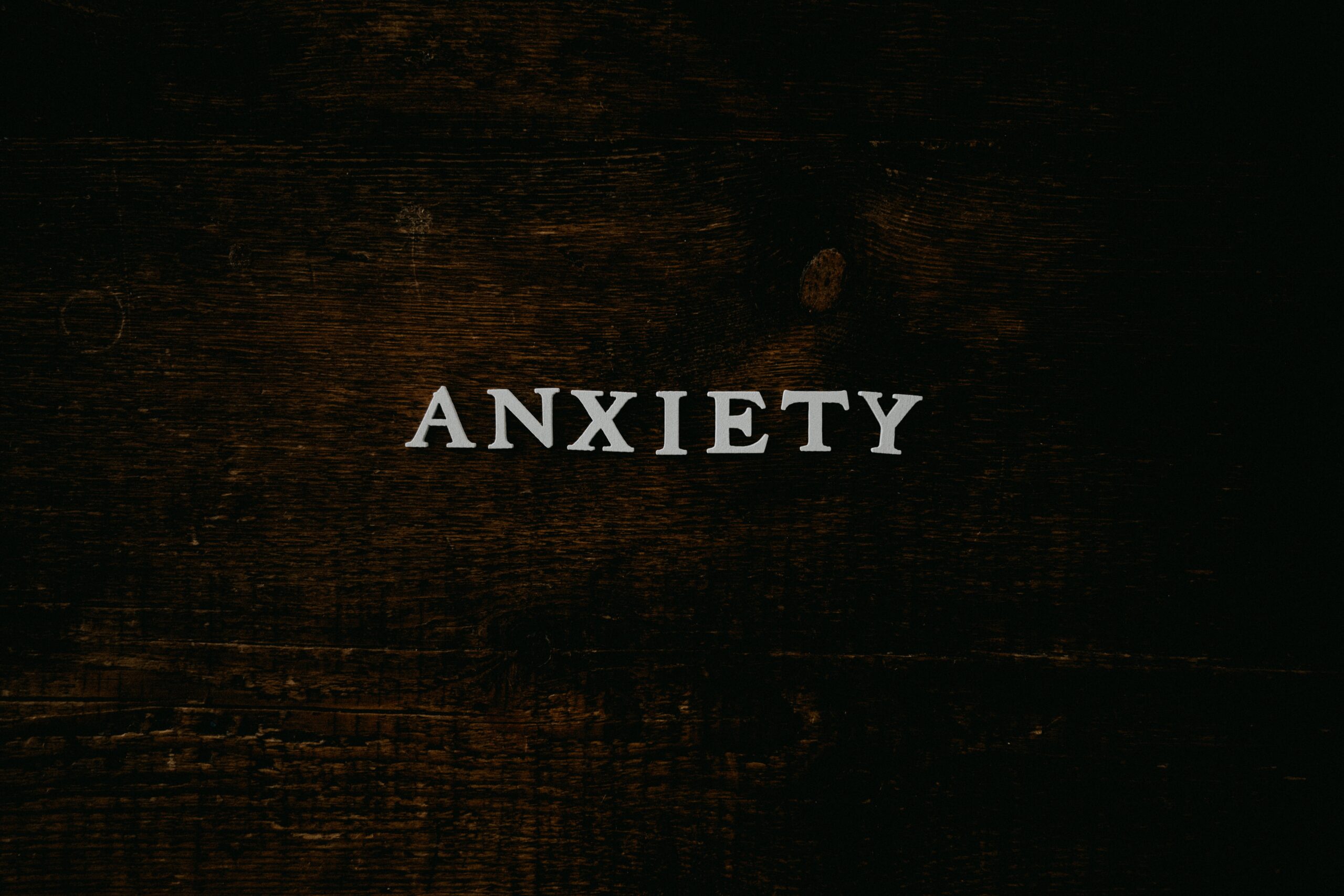
Anxiety disorder is a mental health diagnosis that can have a big impact on your day to day life. There are different types of anxiety disorders that we covered in our first blog in the ‘All About Anxiety’ series, you can read it here.
In this blog, we are going to focus on managing anxiety; how to live with your symptoms and the different treatment options available.
Mild anxiety symptoms can be managed with self-care. Some of the most common self-care activities include meditation, journalling or exercise. Read our top tips on using self-care to manage anxiety.
More severe symptoms of anxiety that cannot be alleviated with self-care can be managed with various different treatment options.
When it comes to managing anxiety symptoms there are a variety of treatment options such as: guided self-help, talking therapies, or medication. Generally, self-help and talking therapies are tried first before prescribing medication.
This section outlines each different treatment option; however, you should speak with your GP or healthcare professional for advice on the best treatment for you.
The first step your healthcare professional may suggest to manage your anxiety is guided self-help. Guided self-help can be in the form of a workbook or online course, and it will usually follow the principles of Cognitive Behavioural Therapy (CBT). The idea is that you work through the course at your own pace, with support from a therapist.
A guided self-help course will provide tools to help you identify triggers and learn to manage your symptoms.
If you find that you are still unable to manage your anxiety after completing a guided self-help course, you can be referred for talking therapy that will dive deeper into your symptoms and expand on the tools for managing anxiety.
There are different types of talking therapies, but each one provides a safe space to discuss your symptoms, worries and concerns.
The most common talking therapy used to manage anxiety is CBT.
CBT explores your thoughts and feelings and helps to reframe any negative thought patterns into positive ones. Your therapist will work with you to come up with practical ways to improve your mental wellbeing.
Read more about Cognitive Behavioural Therapy.
Other talking therapies that can be used to manage anxiety include:
Anxiety can also be treated with medication.
Sadly, there is still stigma that surrounds the use of medication to treat mental health, however it is nothing to be ashamed of. The good news is that this stigma is being constantly challenged. Read more on changing the conversation around mental health medication.
Medications that may be prescribed for anxiety include:
Selective serotonin reuptake inhibitors (SSRIs) or serotonin and noradrenaline reuptake inhibitors (SNRIs). These medications work by increasing the levels of serotonin and noradrenaline in your brain. SSRIs and SNRIs are long term medications and can take a couple of weeks before they start to work.
Benzodiazepines – these can be used as a short-term treatment for up to 4 weeks if you are experiencing severe anxiety. They start to work within 30 – 90 minutes by easing symptoms.
It is important to discuss the different medications with your GP as different medications can work differently for everyone. Your GP will advise on the best option for you based on your circumstances and medical history.
The most important step you can take to manage your anxiety is to reach out, even if it feels daunting or difficult to ask for help. Talk to family and friends about your worries if you can or browse through online resources with information and top tips. Anxiety UK have a huge selection of resources on their website.
Speak to your GP if you have any concerns or would like to explore your treatment options.
Our teams support individuals with a range of mental health diagnoses, including anxiety disorders. Our Support Workers, Occupational Therapists and Mental Health Nurses work with individuals to create a tailored support plan, and this can include managing anxiety.
Find out more about our support model.
Photo by Annie Spratt on Unsplash.